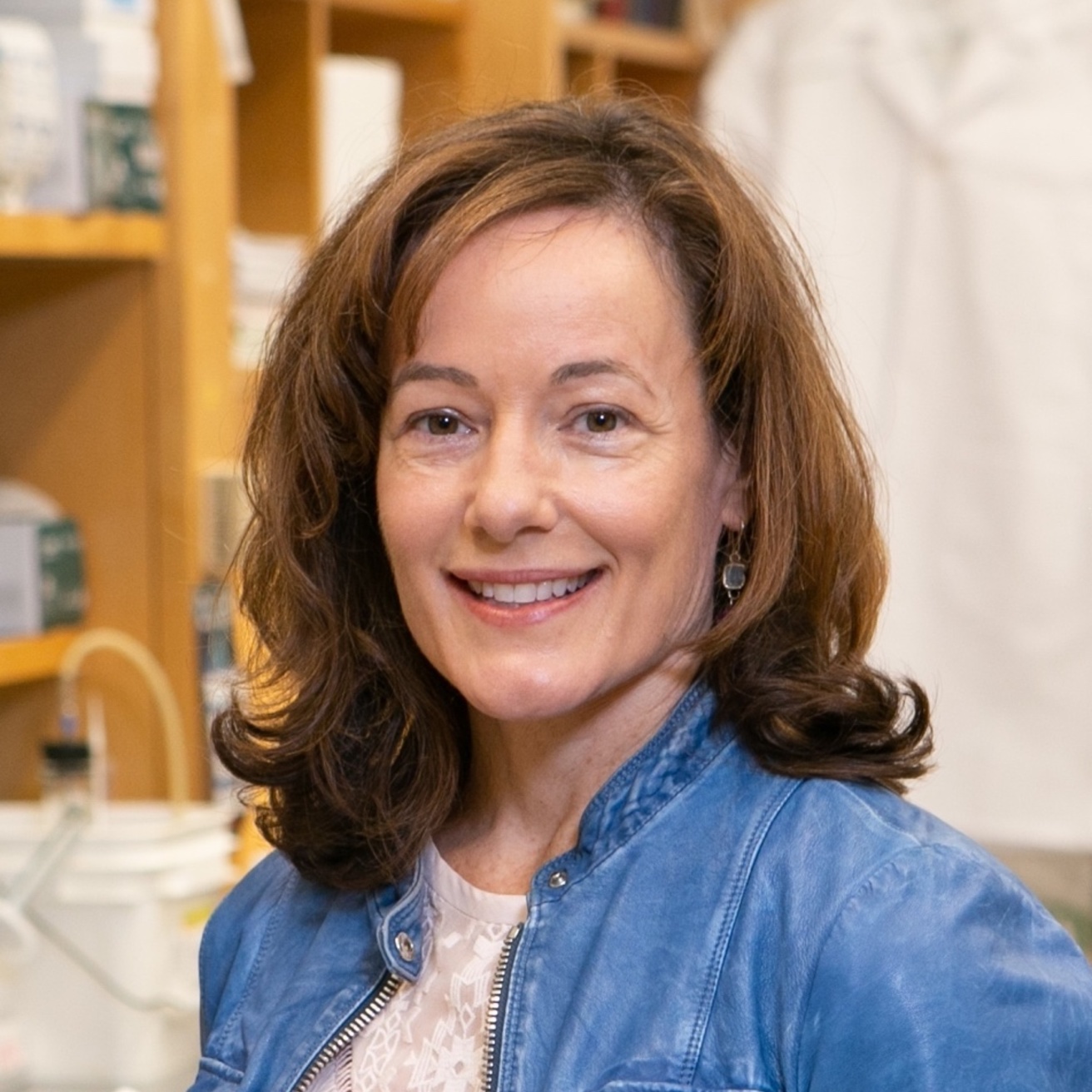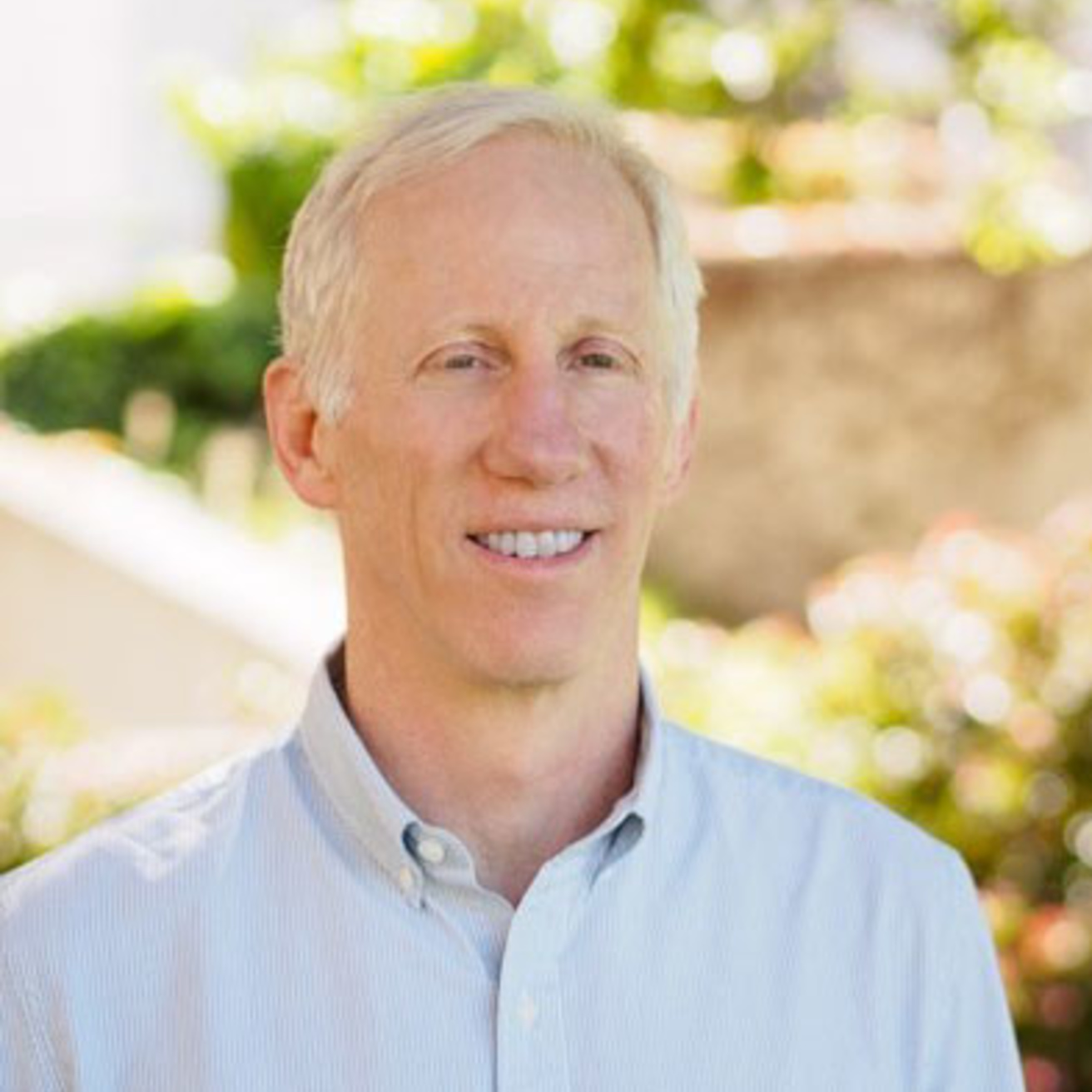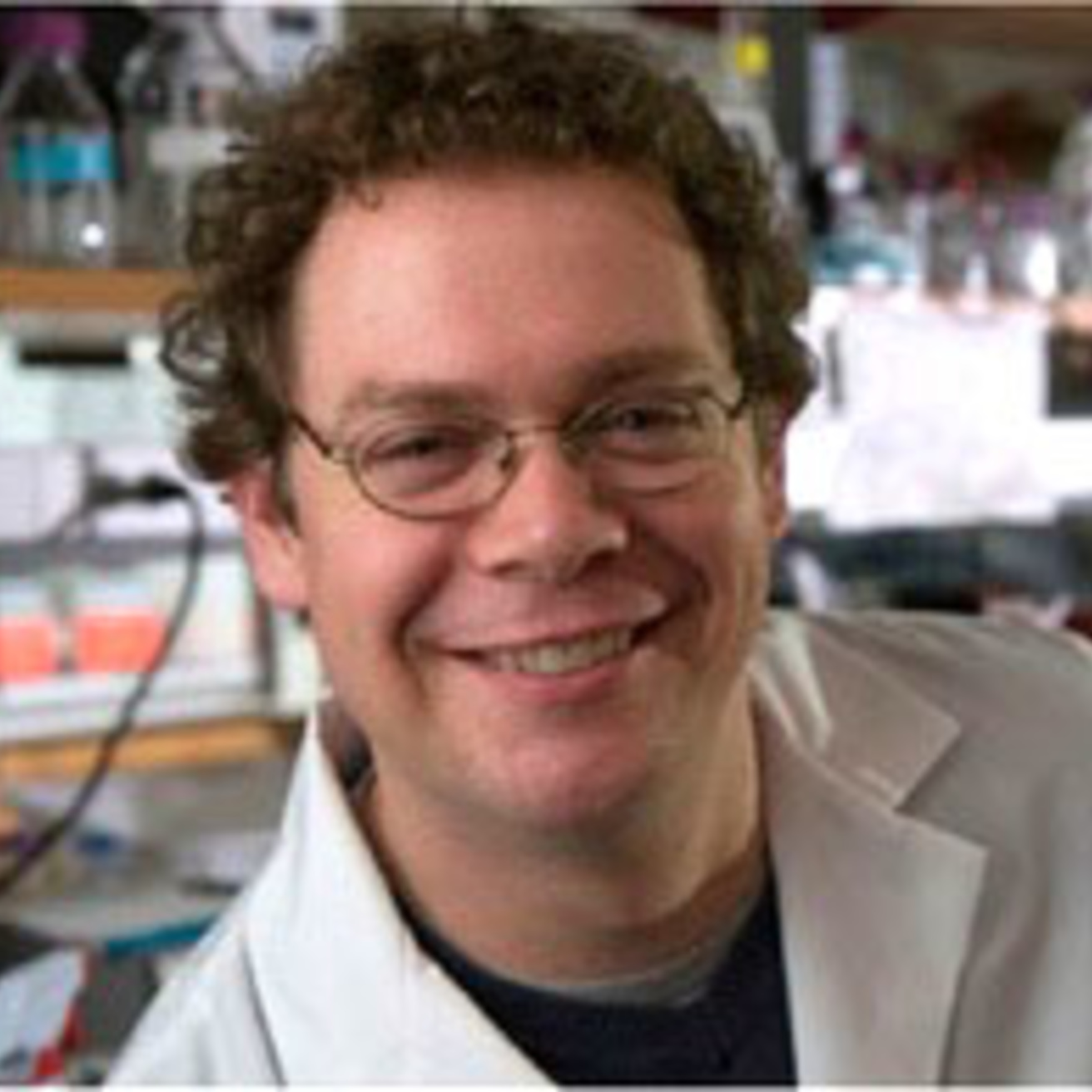Dr. Sharon Cantor
University of Massachusetts Medical School
Dr. Doug Koshland
University of California, Berkeley
Dr. Eric C. Greene
Columbia University



Dr. Sharon Cantor, Ph.D. is the Gladys Smith Martin Chair in Oncology and a Professor in the Department of Molecular, Cell and Cancer Biology at the University of Massachusetts Medical School. The central focus of her research is to understand how DNA replication and replication stress responses are altered in cells with mutations in the hereditary breast/ovarian cancer (HBOC) genes, BRCA1/BRCA2 (BRCA). Dr. Cantor’s lab recently linked chemotherapy response in BRCA deficient cancer to single stranded DNA (ssDNA) gaps in DNA replication. Traditionally, it was thought that tumors with mutations in the HBOC genes, were sensitive to chemotherapy due to defects in DNA repair. However, Dr. Cantor’s team revealed that DNA repair defects could be uncoupled whereas replication gaps fully aligned with chemotherapy response. This transformative finding implicates that rather an HRD (homologous recombination deficiency) score predicting tumor sensitivity to chemotherapy, responding tumors will be more accurately identified by a gap score. Accordingly, the phenotype of BRCA deficiency “BRCAness” will reflect defects in gap suppression rather than DNA repair. The Cantor lab continues to test the gap model with the goal of effectively treating cancer and limiting chemoresistance. Dr. Cantor is funded by three active R01 grants and by the Fanconi anemia research fund. She is the Associate Director of Basic Research for the UMass Cancer Center and a member of the Morningside Graduate School of Biomedical Sciences faculty diversity committee. Dr. Cantor has been on the faculty at UMass Chan since 2003; she earned her bachelor’s degree from the University of Michigan, her doctorate from Tufts University, and completed postdoctoral work at Harvard Medical School.
Dr. Doug Koshland, Ph.D. is a Professor of Genetics, Genomics and Development in the Department of Molecular and Cell Biology at the University of California, Berkeley. Dr. Koshland is a member of the National Academy of Sciences, of the American Academy of Microbiology, of the American Association for the Advancement of Science and recipient of the Gold Medal from the Genetic Society of America. Dr. Koshland has been a Howard Hughes Medical Institute investigator, and has been named a Lifetime Achievement Fellow by American Society for Cell Biology. Dr. Koshland’s laboratory uses budding yeast to inform on fundamental processes in cell biology, including cell division, chromosome segregation, higher order chromosome structure, and genome evolution. Dr. Koshland’s approach has been to use genetic, molecular biological, biochemical, and cell biological approaches to develop novel reagents and methods to analyze these complex processes in vivo and in vitro. Together these approaches have allowed us to make significant contributions to each of these areas of research. Dr. Koshland have trained and mentored a diverse group of undergraduate, graduate and postdoctoral fellows throughout his career.
Dr. Eric Greene, Ph.D is a Professor in the Department of Biochemistry & Molecular Biophysics at Columbia University. Dr. Greene’s laboratory pioneered development of novel technologies for studying protein–nucleic acid interactions at the single–molecule level using real–time optical microscopy with the goal to understand the molecular mechanisms governing DNA repair, as well as mechanisms that cells use to maintain, and decode their genetic information. Dr. Greene’s lab combines biochemistry, physics, and nanoscale technology with a goal to understand fundamental interactions between proteins and nucleic acids, as well as to address other complex biological problems. The goal of Greene’s lab is to visualize proteins bound to DNA, to determine where they are bound, how they move, and how they interact. Using these approaches, the Greene laboratory successfully investigated the mechanisms of DNA repair and of homologous DNA recombination, mechanisms of how condensing complexes contribute to higher-order chromosome organization, mechanisms of how CRISPR systems locate specific DNA target site sites. Dr. Greene was the recipient of the March of Dimes Basil O’Connor Starter Scholar Research Award, of the Breast Cancer Alliance Young Investigator Award, of the Irma T. Hirschl and Monique Weill-Caulier Career Scientist Award and of the Doctor Harold and Golden Lamport Research Award in Basic Sciences. Dr. Greene was selected by the National Science Foundation to receive a 2007 Presidential Early Career Award for Scientists and Engineers (PECASE) and in 2009 he received an Early Career Scientist Award from the Howard Hughes Medical Institute.